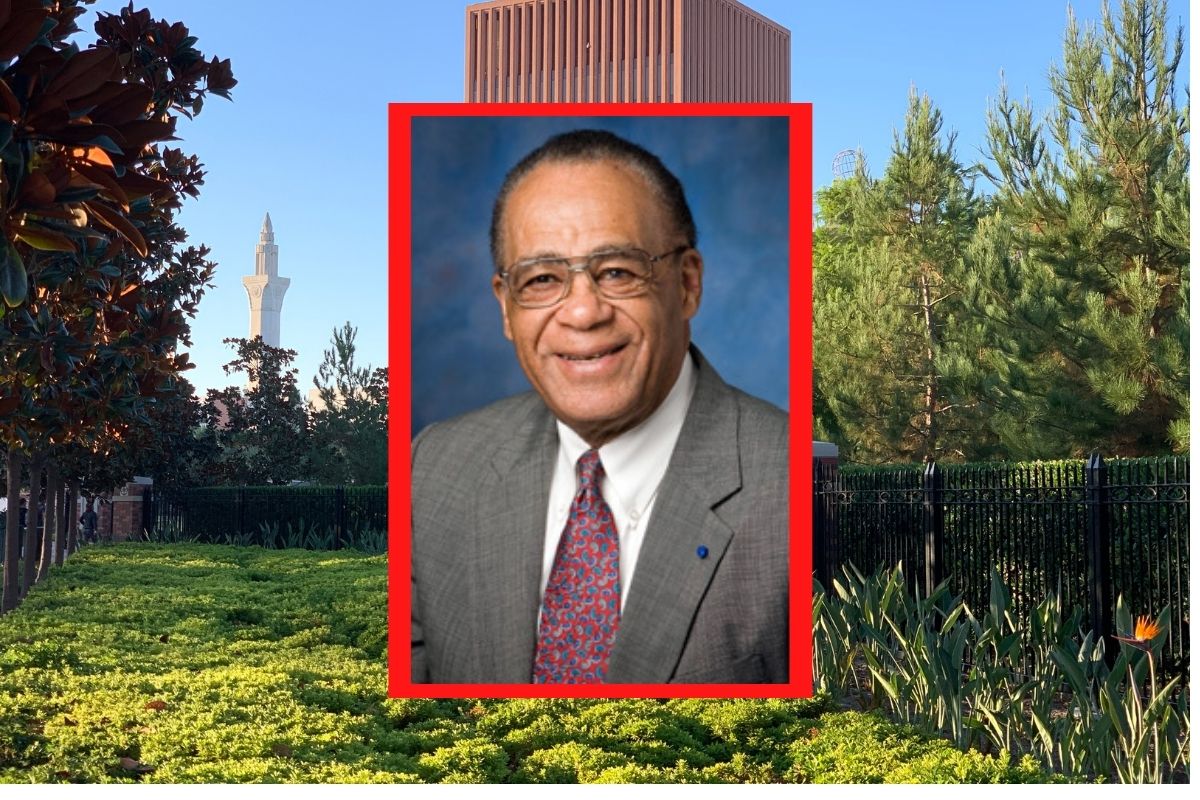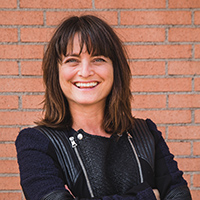
Dr. John Brooks Slaughter Honored by USC Rossier and Pullias Center Colleagues on His Retirement
Dr. John Brooks Slaughter, USC University Professor and Dean’s Professor of Education and Engineering, recently announced his retirement after a distinguished 66 year career. Dr. Slaughter joined USC Rossier in 2010, and also holds a joint appointment at the Viterbi School of Engineering. His education research has been in the areas of higher education leadership, diversity and inclusion in higher education, the under-representation of minorities in STEM, and issues related to access and affordability in higher education.
Spanning Industries and Universities, a Life and Career Making a Difference
Professor Slaughter’s storied career spans 66 years and includes working in the private sector, academia and federal government. In a historic appointment, he became the first African American to direct the National Science Foundation (NSF) in 1980. His higher education career includes serving as chancellor of the University of Maryland and the first person of color to serve as president of Occidental College, where he served for 11 years. He taught courses at USC in diversity and leadership, and for one year as the Irving R. Melbo Professor of Leadership Education. Later, he accepted the position of president and CEO of the National Action Council for Minorities in Engineering in 2000.
Professor Slaughter holds a Ph.D. in Engineering Science from the University of California, San Diego; an MS in Engineering from the University of California, Los Angeles; and a BS in Computer Sciences from Kansas State University.
Professor Slaughter’s many memberships and fellowships include the National Academy of Engineering, the Hall of Fame of the American Society for Engineering Education and the American Academy of Arts and Sciences. Professor Slaughter’s numerous accolades include the Martin Luther King, Jr. National Award, the first U.S. Black Engineer of the Year award, and the NSF Distinguished Service Award. Most recently, in 2021, he was appointed University Professor by USC and received the Trailblazers Award from The Kansas African American Museum.

Adrianna Kezar, Director of the Pullias Center for Higher Education:
John Slaughter’s name long preceded me ever meeting him. As an assistant professor at the University of Maryland studying higher education leadership – John Slaughter was a legend. He had been Chancellor of the University of Maryland, College Park and later President of Occidental College, and the mark he made on leadership was impressive, particularly illustrating how to hire more faculty or color and admit more students of color. In higher education circles he was known as a leader that championed equity long before higher education espoused this as a goal. He was known as courageous – someone who spoke truth to power and a leader that modeled integrity and who fought for justice. And the when my research turned to STEM education, John’s impact was also deeply present. He served as the 6th director of the National Science Foundation (NSF) and President and CEO of the National Action Council for Minorities in Engineering, where he was a strong advocate for the inclusion of women and minorities in science and engineering. As I explored equity in STEM education, John’s thinking and work was there as a guide.
When I was lucky enough to meet him at USC in 2010 when he joined our faculty, he lived up to and exceeded his reputation. What struck me was John’s humbleness, care for everyone regardless of position or influence, and dedication and commitment to fight for and invest in issues he championed – particularly greater inclusion for students of color. At Rossier and Pullias, he mentored students and colleagues, played key leadership roles supporting graduate student efforts to improve the school’s racial equity work, taught in ways that transformed students, and was a key source of knowledge for Pullias in all things equity.
John, we will miss your example, your guidance, your compassionate colleagueship, and most of all – we will miss your gracious and kind presence. Thanks for all you contributed to the Pullias Center.
Sincerely,
Adrianna Kezar

Julie Posselt, Associate Professor of Education and Associate Dean, Graduate School:
Dear Dr. Slaughter,
Through your kindness and warmth, your commitment to lifelong learning, and your principled wisdom for people and groups, you gave me a wholly new vision of what leadership can be, how power can project itself. Although we have only known each other six years, your example and support have left an indelible mark on me and my professional identity. I do not aspire to the sort of positions that you have held, but I do want to conduct myself in all academic settings with the same spirit that you exude. Thank you for your decades of labor on behalf of a more just academy — it is hard to think of a better deserved retirement!
Sincerely,
Julie Posselt

Zoe Corwin, Research Professor, Rossier School of Education and Pullias Center:
Dr. Slaughter,
You are a most treasured colleague. Our informal conversations lifted my spirits and broadened my perspectives – every single time we bumped into each other on the 7th floor. While I am in awe of your scholarly accomplishments and the impact you’ve had on engineering and education, I am most inspired by the deep care you integrate into your research and practice. You are a stellar example of a creative, accomplished scholar-practitioner who infuses love and strong ethics into all you do. I am tremendously grateful to have been a recipient of your guidance and warmth over the years. Thank you for your generosity in sharing knowledge, for your willingness to discuss challenging topics, and for your unwavering support and encouragement. The latter has meant more to me than I’d imagine you realize. It’s a bit of a joke in my family, but on the days I see you on campus, I’ll inevitably ask around the dinner table, “Guess who I saw on campus today?!” And one of them will reply with a smile – already knowing the answer – “Dr. Slaughter?” They know how much I appreciate you – and that I’m acutely aware that to interact with you is to interact with a true legend. I am blessed to know you.
With much love and gratitude,
Zoe Corwin